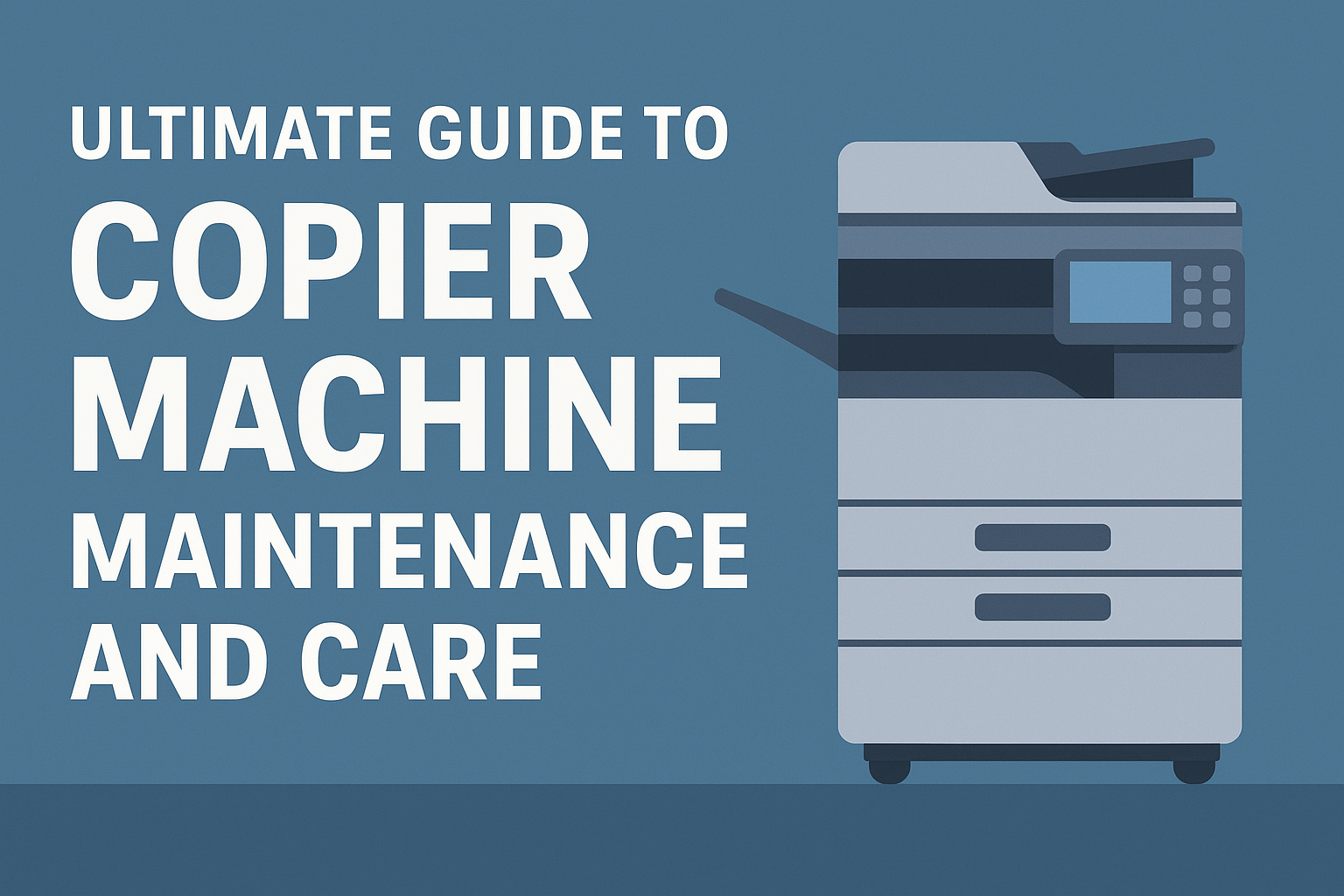Understanding the Importance of Document Security
In today's digital era, document security is paramount to protecting sensitive information and maintaining trust with clients, partners, and stakeholders. With the dawn of electronic document management systems (DMS), safeguarding data against unauthorized access, breaches, and manipulation has never been more critical. This article explores essential strategies and practices in document security and access control that every organization should be aware of.

Why Document Security is a Business Imperative
Importance of Document Security
Document security is crucial because it protects sensitive information from unauthorized access. In an era of increasing digitalization, implementing security measures such as password protection, encryption, and controlled access is essential. These practices safeguard against security breaches and data leaks, which can severely damage a brand's credibility and reputation.
Potential Consequences of Inadequate Security
The lack of robust document security can lead to significant legal implications for businesses. Organizations risk non-compliance with essential regulations like HIPAA and GDPR, which can result in hefty fines and legal battles. Moreover, insufficient protection may allow intellectual property theft and increase vulnerabilities to fraud, putting the integrity of sensitive information at risk.
Impact on Compliance and Reputation
Effective document security not only preserves the confidentiality of vital data but also maintains compliance with industry standards, ensuring that organizations avoid penalties. A solid security framework fosters trust among clients and stakeholders, supporting the overall success of any organization. Without it, businesses may face dire consequences such as loss of customer confidence and diminished revenue, highlighting the imperative need for document security within the corporate landscape.
Electronic Document Security Tips for Enhanced Safety
What are some essential electronic document security tips?
Here are 18 electronic document security tips to safeguard your documents:
Importance of regular document backups
Backing up important documents is essential in preventing data loss from various risks like hardware failures and unforeseen disasters. Regular backups should be stored in multiple secure locations, ensuring redundancy. This proactive measure helps organizations maintain the continuity and integrity of critical information.
Utilization of encryption and restricted access
Encryption plays a vital role in securing sensitive information, rendering documents unreadable by unauthorized individuals. Implementing strict access controls also ensures that only authorized personnel can view or manipulate sensitive documents, thereby enhancing overall data security. These practices are crucial for minimizing risks and protecting sensitive information from potential breaches.
The Role of Access Control in Securing Documents
What is document access control and why is it important?
Document access control is the process of managing who can view, edit, share, or delete documents. This practice is essential for maintaining data security and privacy within an organization. By enforcing strict access controls, businesses can help protect sensitive information from unauthorized exposure, which reduces the risk of data breaches and compliance violations.
Compliance with regulations
Access control measures not only support internal security protocols but also aid in compliance with various legal and regulatory requirements. Organizations must adhere to standards like GDPR or HIPAA, which mandate strict controls over sensitive data access. By maintaining robust access control systems, companies can avoid potential fines and reputational damage that could arise from non-compliance.
Enhancing productivity and security
Effective access control enhances productivity by ensuring that authorized employees have the necessary rights to perform their jobs efficiently. Role-Based Access Control (RBAC) can be implemented to give permissions tailored to specific roles within the organization, thus streamlining operations. Moreover, as technologies like Artificial Intelligence become more integrated into document management, establishing solid access guidelines is vital to prevent misuse and secure AI development.
In summary, robust document access control fosters a safer environment for information sharing and collaboration among stakeholders, ensuring that only the right individuals have access to sensitive information while maintaining operational efficiency.
Ensuring Document Security for Small Businesses
How can small businesses ensure the security of their documents?
Small businesses can ensure the security of their documents by implementing several key strategies:
Importance of password protection and training
Investing in strong password protection is paramount. Passwords should be complex and changed regularly. Furthermore, providing employee training on document security best practices can significantly enhance the organizational culture towards cybersecurity. Employees should be educated about common threats such as phishing and social engineering.
Utilizing cloud storage for safety
Cloud storage not only allows for secure document storage but also ensures easy access and collaboration. When choosing a provider, look for features that include:
By adopting these practices, small businesses can effectively safeguard their documents and maintain compliance with data security regulations.
Implementing Effective Document Control Systems
What is required for effective document control?
Effective document control requires a systematic approach to managing documents throughout their entire lifecycle. This includes stages like creation, storage, organization, tracking, and distribution. Here are key components:
A Document Management System (DMS) greatly enhances these processes by providing tools for capturing, indexing, and retrieving documents. This ensures compliance with relevant regulations and maintains the integrity of information.
The role of standardized templates and access controls
Standardized templates play a crucial role in effective document control by streamlining the documentation process. They reduce the chances of errors and inconsistencies, which is critical in regulated industries.
Access controls further enhance security by leveraging techniques like Role-Based Access Control (RBAC), ensuring that only those with the necessary permissions can access sensitive files. This limits exposure to data breaches and maintains confidentiality.
Benefits of using a Document Management System (DMS)
Utilizing a DMS offers numerous advantages:
Overall, implementing an effective document control system supports a proactive approach to security, compliance, and operational efficiency.
Encrypting Documents for Enhanced Security
Benefits of Encryption in Document Protection
Encryption plays a crucial role in safeguarding sensitive data from unauthorized access. By transforming documents into a format that is unreadable to anyone lacking the proper decryption key, encryption minimizes the risk of identity theft and corporate espionage. This added security ensures that even if documents are intercepted during transmission, they remain protected.
Implementing Encryption During Storage and Transmission
When storing and transmitting documents, robust encryption protocols should be employed. Encrypting documents at rest prevents unauthorized users from accessing sensitive information stored on servers. During transfer, utilizing protocols like HTTPS ensures a secure pathway, making it extremely difficult for attackers to compromise the data in transit.
Methods like AES for Secure Encryption
The Advanced Encryption Standard (AES) is widely recognized for its strength and efficiency in encrypting sensitive information. Utilizing AES-256, which is the standard for encrypting national security information in the U.S., organizations can ensure that their documents are protected against unauthorized access, thus reinforcing the overall document security framework.
Regular Backups and Remote Work Security Protocols
Importance of Regular Document Backups
Regular backups are essential to protect sensitive documents and maintain business continuity. Automatic backup processes create redundant copies, mitigating the risk of data loss due to hardware failures, cyberattacks, or natural disasters. By storing backups in secure locations, organizations ensure that critical documents can be recovered quickly when needed.
Establishing Secure Remote Work Protocols
With the increase in remote work, implementing secure protocols is crucial. This includes using virtual private networks (VPNs) for safe access to company resources, along with multi-factor authentication (MFA) to verify user identities. These measures help safeguard sensitive information against unauthorized access, ensuring security is maintained regardless of employees’ locations.
Preventing Data Loss During Disasters
To prevent data loss during disasters, employ a robust disaster recovery plan that outlines steps for quick restoration of backups. Utilizing cloud storage can enhance accessibility and reliability, providing an effective layer of protection for vital documents. Regularly testing the recovery process helps ensure that data recovery strategies function as intended, giving organizations confidence in their data protection efforts.
Evaluating Document Management Systems for Security and Compliance
Criteria for Selecting Secure DMS
When selecting a Document Management System (DMS), prioritize security features such as strong encryption methods (like AES-256), user access controls including Role-Based Access Control (RBAC), and comprehensive security protocols. Verify that the DMS supports secure file sharing with end-to-end encryption, protecting your documents during transit.
Compliance with Data Protection Laws
Ensure the DMS complies with important regulations such as GDPR and HIPAA. This compliance is vital for organizations handling sensitive customer data. A compliant DMS will manage data retention and provide an audit trail to demonstrate adherence to legal requirements.
Technical Features: Access Controls and Audit Trails
Access controls govern who can view or edit documents, ensuring sensitive information is displayed only to authorized personnel. Coupled with robust audit trails that log document activities, these features give organizations visibility and accountability, which are essential for both security and regulatory compliance.
Enhancing Document Security for a Safe Future
In conclusion, mastering document security and access control is integral to safeguarding sensitive information in today's digital landscape. By implementing robust security measures, organizations can prevent breaches, comply with regulatory mandates, and protect their reputation. As technology continues to evolve, staying informed about the latest security strategies and tools will be vital in ensuring that document security remains robust and effective. Ultimately, prioritizing document security contributes to business continuity, mitigates risks, and upholds the trust and integrity essential for organizational growth and success.





.jpg)

























